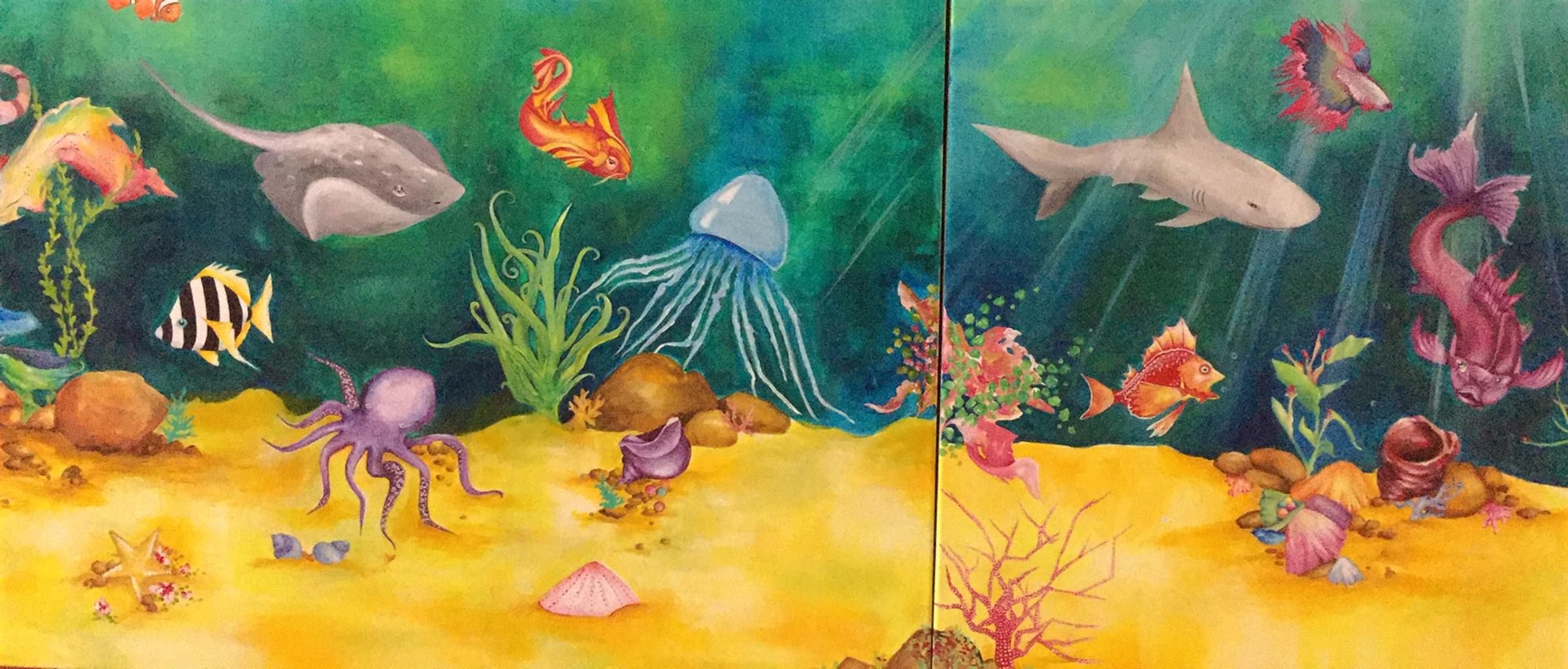From the Principal

CORONA VIRUS
As I have said, although this is a challenging time for us all there have been some positives which have emerged as well. Each day I see families in their front yards playing together, riding their bikes and walking together in the local neighbourhood. Listening to our students they are also embarking on new hobbies such as jigsaws, cooking and crafts. They are all talking about the things they are doing as a family. This can only be a good thing. I want to share this video with you which I found very positive and touching. I hope that what is said in story form proves to be true.
https://aliran.com/web-specials/the-great-realisation/
2021 Prep Enrolments
Although, we are currently not taking school tours due to the outbreak of COVID-19 we are still taking enrolments for 2021. Please send your completed enrolment to the school via email at oakleigh.ps@edumail.vic.gov.au.
You can download an Enrolment Form below.
Enrolments must be accompanied by an Immunisation and Birth Certificate and any necessary Visa information. This will allow us to continue planning for 2021.
HAPPY MOTHER’S DAY
I would like to wish all our mothers and those who are fulfilling this role recognition and gratitude for all the work you do.
Mothers’ Day, the time to pay a tribute to that one person who loves you unconditionally, believes in you and is there for you no matter what. In Australia Mother’s Day 2020 occurs on Sunday, 10th May. On this day Australians will spend the day celebrating their mothers and other special women in their lives.
Some mums may be given cards, flowers and gifts, while others may enjoy breakfast in bed or a lunch out. Mother's Day has long been a part of the Australian calendar, but where did the idea to dedicate the second Sunday in May to honouring motherhood come from?
The modern Australian celebration of Mother's Day actually grew out of calls for peace and anti-war campaigns following the American Civil War (1861-65). In 1870, American writer and women's rights activist Julia Ward Howe, best known as the author of the Battle Hymn of the Republic, appealed to women to unite and bring peace throughout the world (later known as the Mother's Day Proclamation). She proposed that a mother's day for peace be commemorated every year in June. It became an official holiday in 1914.
Celebrations of mothers and motherhood can be traced back to the ancient Greeks and Romans, who held festivals in honor of the mother goddesses Rhea and Cybele, but the clearest modern precedent for Mother’s Day is the early Christian festival known as Mothering Sunday. Over time the Mothering Sunday tradition shifted into a more secular holiday, and children would present their mothers with flowers and other tokens of appreciation. This custom eventually faded in popularity before merging with the American Mothers’ Day in the 1930s and 1940s.
COPING AT HOME WITH ISOLATION
Most Australian children are confined to home due to the outbreak of COVID-19. They need to find new ways to socialise, do their school work, exercise and entertain themselves. It has been wonderful reading student journals and hearing about all the things they are doing as a family from playing board games, going on long walks, playing football in the front yard and cooking together. Many of our students are also happily undertaking life skills such as making the bed, emptying the dishwasher and setting the table.
However, as the novelty of remote learning wanes and the school day at home becomes predictable boredom is bound to set in. They will be missing the face to face interactions with their friends and teachers and the other unpredictable things that happen during an onsite school day.
It is not surprising that you may start to hear, ‘I’m bored’, a lot more than before. But whilst boredom causes temporary uncomfortable feelings, it can be beneficial and lead to increased creativity and imagination. It also gives your brain time to be still.
Why do we get bored?
Boredom is a feeling we don’t like having. A bored person has unpleasant feelings, lacks interest in completing tasks and has problems paying attention.
Whilst your child has things that they can do, they might refuse (or can’t) engage with activities their teacher/s have set for the day. Boredom doesn’t mean they don’t have things to do; they just don’t want to do them. When we are bored we start to procrastinate.
The possible benefits of being bored.
Creativity emerges because when one is bored, we actively seek alternatives. In one scientific study, participants had to either complete a boring activity of sorting beans by colour, or a fun craft activity before undertaking a creative task. Participants who had to sort the beans showed a better quality and quantity of ideas than those who had engaged in a craft activity prior to the creative task. In other words, boredom and monotonous tasks can give our minds a workout.
Being bored also helps increase our ability to concentrate. Research also indicates that turning on devices or watching television doesn’t alleviate boredom in the long term.
So, we will need to accept that in the coming weeks your children will be bored at times. If you find your children are getting bored, you do not need to feel guilty that you are not entertaining them or responsible to stop this terrible experience. Creativity emerges in space. Who knows what they can achieve if they have to distract themselves.
Michele Nolan
Principal
nolan.michele.m@edumail.vic.gov.au

